How To Take Film Photography - Analog Camera & Film Photography
The term ‘Analogue Photography’ refers to photography using an analog camera and film. A roll of film is loaded into the camera, and the magic begins once you start clicking: light interacts with the chemicals in the film, and an image is recorded. This is the process of Black and White or Monochrome photography, editing and printing.

Zone System for Digital B&W Photography Guide
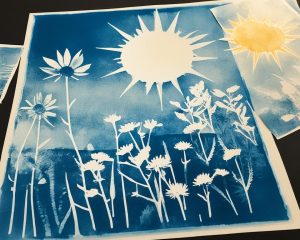
Analog Film Photography – Mastering Cyanotype Process
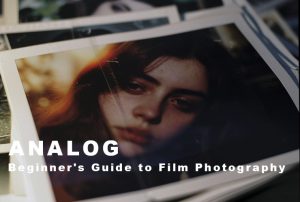
Beginner’s Guide to Film Photography (Analog)

The Dark Room Birmingham – Analog Film & Print Processing
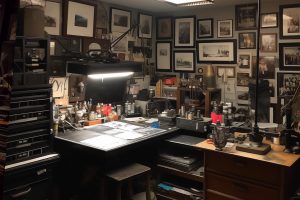
Analog Photography for Beginners
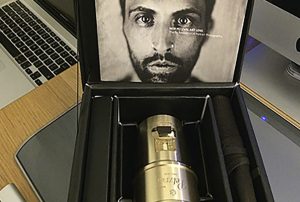
LOMOGRAPHY Petzval & Holga Camera and lens.
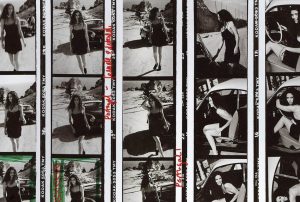
ANALOG PHOTOGRAPHY – RETRO SHOOTING
Advantages of Film Photography
Affordable: Film photography offers a lower initial cost than a digital camera with similar features.
Exceptional Dynamic Range: Film boasts a more comprehensive dynamic range, effectively capturing details in bright and dark areas with a level of precision that digital cameras cannot match. It also retains subtle details that are often lost in digital photography.
Forgiveness: Film is more tolerant of minor focusing errors and exposure issues.
High Resolution: Film provides higher resolution images than most digital cameras.
Flexible: Analog film can be adjusted by several stops, which alters the image’s contrast. Some photographers take advantage of this feature to achieve their desired look. However, this technique does not allow for high ISO speeds without impacting the image’s tonality.
Considerate Shooting: Film photographers, who have a limited number of shots on a roll, must be more thoughtful in their approach, unlike digital photographers, who tend to take pictures first and then reflect on them later. This perspective can be viewed as either an advantage or a disadvantage, depending on one’s outlook.
Future-Proofed: Unlike digital cameras, film cameras are future-proof and will not become outdated.
Power Independent: Film cameras do not require power or batteries, making them ideal for extended trips or in conditions where digital cameras may be limited, such as cold temperatures.
Digital Editing Capability: Film photos can now be scanned by a photo lab and edited on a computer using photo editing software or shared on social media.
There are several advantages that film photography has over digital photography:
- Dynamic Range: Film has a wider dynamic range, allowing for better capture of details in both bright and dark areas.
- Organic Quality: Film has a unique, organic quality that many photographers prefer over the clinical look of digital photography.
- Forgiveness: Film is more forgiving of minor focusing errors and exposure issues, making it easier to achieve desired results.
- Higher Resolution: Film can capture images with higher resolution than most digital cameras.
- Flexibility: Analog film can be adjusted in ways that digital images cannot, allowing photographers to create a specific look.
- Thoughtful Shooting: Film photographers are often forced to be more mindful and intentional in their shooting, as they have a limited number of exposures on a roll of film.
- Future-Proof: Unlike digital cameras, film cameras will not become obsolete, making them a good investment.
- No Power Needed: Film cameras do not require power or batteries, making them ideal for use in remote locations.
- Analog Process: Many photographers appreciate the tactile, hands-on process of shooting film, developing and printing photos in the darkroom.
- Nostalgia: Film photography has a nostalgia factor that appeals to many photographers who appreciate its historical roots and traditional techniques.
